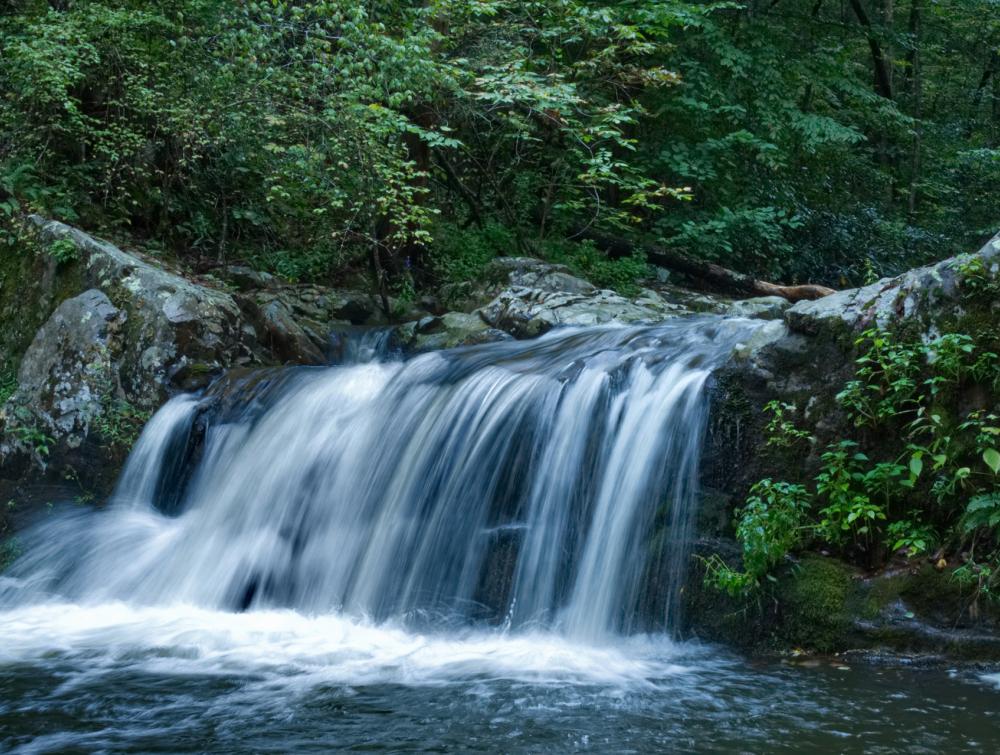Mountain Valley Pipeline To Cross Jefferson National Forest

Jefferson National Forest, Virginia
Bob Glennan, Flickr
Draft Supplemental Environmental Impact Statement ignores public opposition to project
On December 22nd, the U.S. Forest Service (USFS) and the Bureau of Land Management (BLM) issued a draft of a revised supplemental environmental impact statement (SEIS) that sets the stage for handing developers of the controversial Mountain Valley Pipeline (MVP) the permits for the project to proceed across Jefferson National Forest. This draft SEIS proposes allowing MVP to cross the forest despite tremendous public opposition and federal courts twice striking down the approvals.
In previous litigation, the U.S. Court of Appeals for the Fourth Circuit has now twice deemed amending the Jefferson National Forest Land Management Plan to allow the project (along with the BLM’s right-of-way and temporary use permit grants) unlawful. The court held that the Forest Service and BLM “inadequately considered” harmful environmental effects of the pipeline project and directed the agencies to comprehensively re-examine the implications of allowing the proposed pipeline to cross the forest.
Most recently, organizations representing millions of Americans called on officials in the U.S. Forest Service and Bureau of Land Management to respect the public’s proper role in decisions about the Mountain Valley Pipeline. The groups sought a public comment scoping period and a public meeting with impacted communities to help guide the agencies’ deliberations before the officials release a new draft environmental review, warning that a rushed process could lead to poorly supported decisions, like those twice rejected by the courts. USFS and BLM issued the revised statement without any prior public input.
“It is extremely disheartening to learn that the U.S. Forest Service has failed to listen to the concerns of our communities, blatantly disregarded bedrock environmental protections, and is planning to rush forward with this disastrous project,” said Jill Gottesman, Southern Appalachian Landscape Director for The Wilderness Society. “The Mountain Valley Pipeline will tear a hole in Jefferson National Forest that will scar the integrity of the forest, compromise our water, and sacrifice communities across Appalachia in its wake. Americans depend on the Forest Service to safeguard our national forests, not bow to pressure from the oil and gas industry.”
The Mountain Valley Pipeline, which would stretch more than 300 miles through the Southeast United States, has already caused significant and devastating impacts to communities along its route, streams and water bodies, and the Jefferson National Forest. If the pipeline were to be completed and put into service, the greenhouse gas emissions would be equivalent to 19 million passenger vehicles, 23 coal plants, and account for at least 1% of all greenhouse gases from the US energy sector. The project, which began construction in 2018 under now voided authorizations, faces over 450 water-quality-related violations in Virginia and West Virginia.
The Mountain Valley Pipeline Project recently gained national attention as part of a permitting reform deal sponsored by Senator Manchin, in which the proposed reforms would fast-track the permitting process for the pipeline’s completion. It is notable that, amidst bipartisan opposition, the bill failed to pass through Congress alongside must-pass legislation three times.
Soon, the USFS and BLM will open a 45-day public comment period for communities to weigh-in on the draft SEIS itself.
For media inquiries, please contact Jen Parravani at jen_parravani@tws.org or (202) 601-1931.
